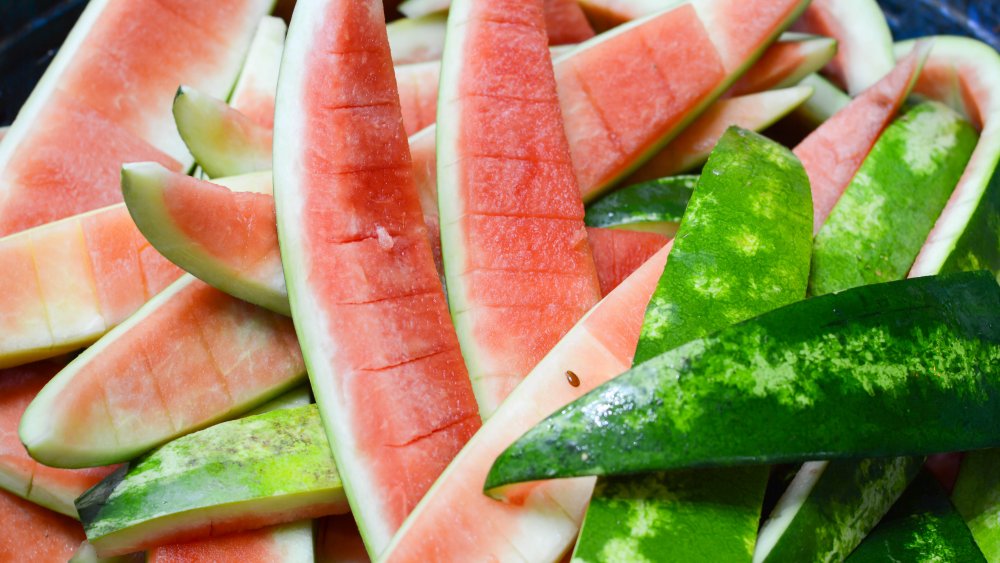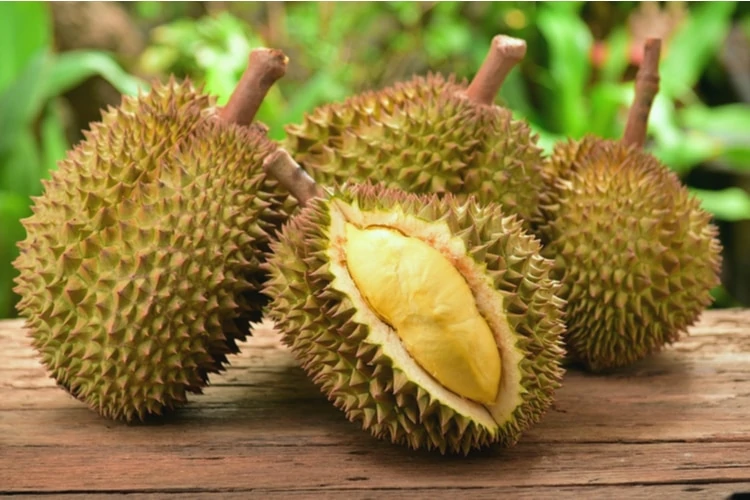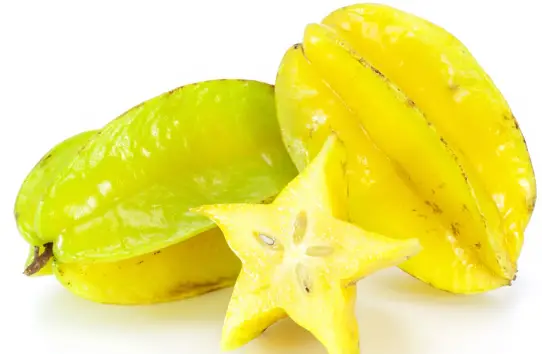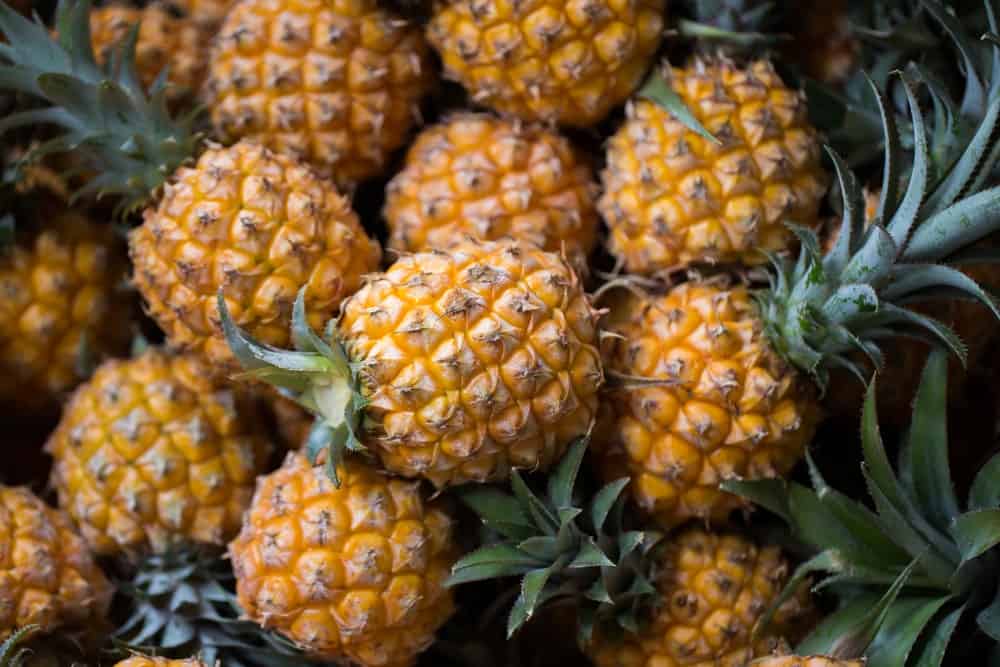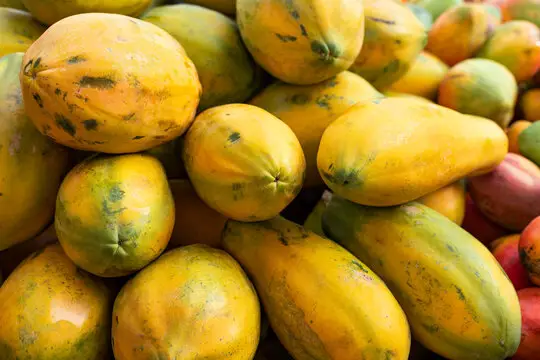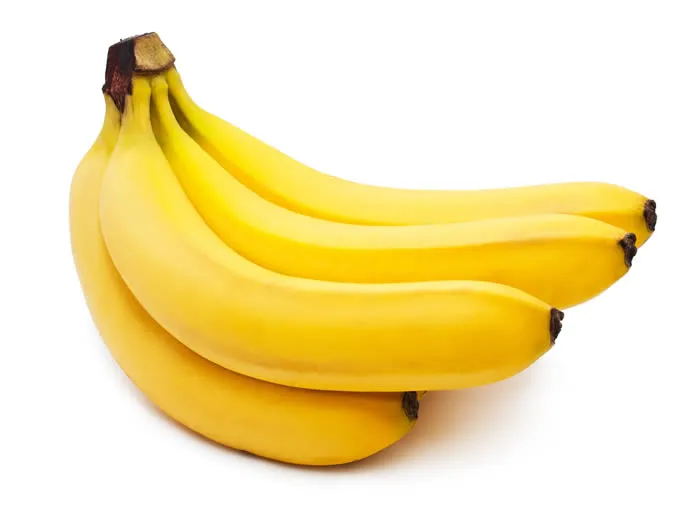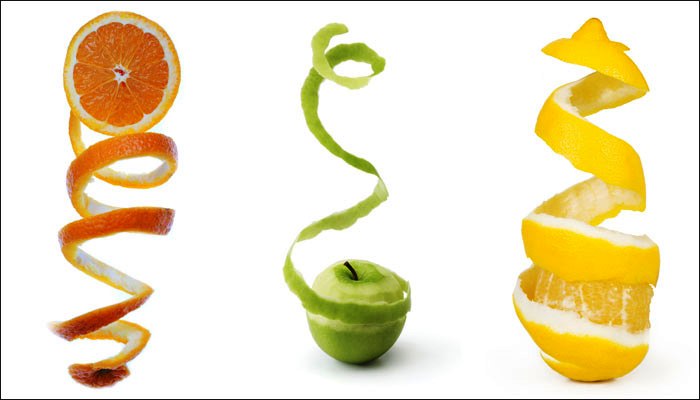Fruits are full of vitamins, minerals, antioxidants, and fiber that are good for our health. The time fruit takes to digest can be different for each kind of fruit. Knowing how much time it takes for various fruits to digest can help you plan when to eat them.
Table of Contents
- How Does Our Body Digest Fruit?
- What Affects How Fast Fruit Digests?
- 1. Amount of Fiber
- 2. Form of Food
- 3. Level of Acidity
- 4. Your Health
- How Long It Takes for Common Fruits to Digest
- Quick Digesting Fruits
- Fairly Quick Digesting Fruits
- Moderately Slow Digesting Fruits
- Slowest Digesting Fruits
- Tips for Easier Fruit Digestion
- Final Thoughts
How Does Our Body Digest Fruit?
When we eat fruit, it goes through our throat and into our stomach. Fruit has carbs like fructose, glucose, and fiber in it. The stomach uses enzymes and acid to start breaking down the sugars in the fruit.
After some time, the stomach slowly sends what it has broken down to the small intestine. This is called gastric emptying and takes about 2 to 5 hours. Then, the small intestine finishes digesting the sugars and takes them into the blood. The dietary fiber and any parts of the fruit not digested go to the large intestine.
What Affects How Fast Fruit Digests?
Fruit digestion times can be short, only 1 to 3 hours, or long, up to 24 hours. Several things can change how fast fruits digest:
1. Amount of Fiber
Fruits with lots of fiber like avocados, raspberries, pears, and apples take more time to digest than fruits with less fiber, such as watermelons and grapes. Fiber makes digestion slower. Some types of fiber also make gastric emptying take longer.
2. Form of Food
If you drink fruit as a juice or in a smoothie, it will digest more quickly. This is because turning fruit into liquid breaks down the cells and makes it easier for the body to digest.
3. Level of Acidity
Fruits that are acidic, like oranges and pineapples, digest more quickly than less acidic fruits. The acid helps to break down proteins and the walls of the fruit cells more quickly.
4. Your Health
How healthy your digestion is, what medicines you take, how much water you drink, and your metabolism can all change how long it takes to digest fruit. People with digestion problems or slower metabolism might need more time to digest fruit.
How Long It Takes for Common Fruits to Digest
Here are rough digestion times for some fruits that many people like:
Quick Digesting Fruits
Some fruits digest in a very short time, about 1 to 3 hours. These include:
- Watermelon – it’s very watery, so it’s easy to digest
- Grapes – they have a lot of liquid and not much fiber, so they digest quickly
- Cherries – they’re soft, not much fibrous material, and contain a lot of juice
- Kiwis – not much fiber and have special enzymes that help them digest
- Citrus fruits (oranges, grapefruits, mandarins) – they have lots of acid which helps in digestion
Fairly Quick Digesting Fruits
These fruits usually digest within about 3 to 5 hours:
- Peaches – they are soft and have a fair amount of fiber
- Plums – easy to digest because of their skin and flesh
- Papaya – it has the papain enzyme which helps break down proteins
- Mango – the pulpy flesh digests quicker than skins with lots of fiber
- Pineapple – it has the bromelain enzyme which aids in digestion
Moderately Slow Digesting Fruits
These fruits can take 5 to 12 hours to digest:
- Pears – they have a type of fiber that’s gritty, making them take longer to digest
- Apricots – their fiber content is moderate, which slows digestion
- Blueberries – the small seeds and skin take time to digest
- Apples – they contain a fiber called pectin which makes gastric emptying slower
- Strawberries – the tiny seeds add a bit to the digestion time
Slowest Digesting Fruits
Fruits that are very high in fiber can take between 12 to 24 hours or more to digest fully:
- Persimmons – they have tannins and fiber that make digestion slower
- Guava – the hard seeds and strong cell walls make it harder to digest
- Avocados – they have a lot of fiber, which delays emptying
- Raspberries & blackberries – their small seeds and fiber content extend the digestion process
- Dates – they are very high in fiber
Tips for Easier Fruit Digestion
Here’s what you can do to help your body digest fruits easily:
- Eat high-fiber fruits like apples and avocados on their own, not with other foods, to avoid even slower digestion.
- Chew fruits with skin, seeds, or lots of fibers really well to make it easier for your stomach to break them down.
- Try to eat small amounts of high-fiber dried fruits, and choose fresh fruits when you can.
- Drinking water helps fruits go through the digestive system more smoothly.
- If you have any issues with digestion, notice which fruits might cause problems like gas or diarrhea.
Final Thoughts
Fruits are an important part of a healthy diet because they provide essential nutrients. The time needed to digest fruit can vary a lot, from 1 hour to over 24 hours. This depends on the type of fruit and things like your digestion health. Knowing which fruits digest faster or slower can help you plan your fruit eating and enjoy comfortable digestion.

